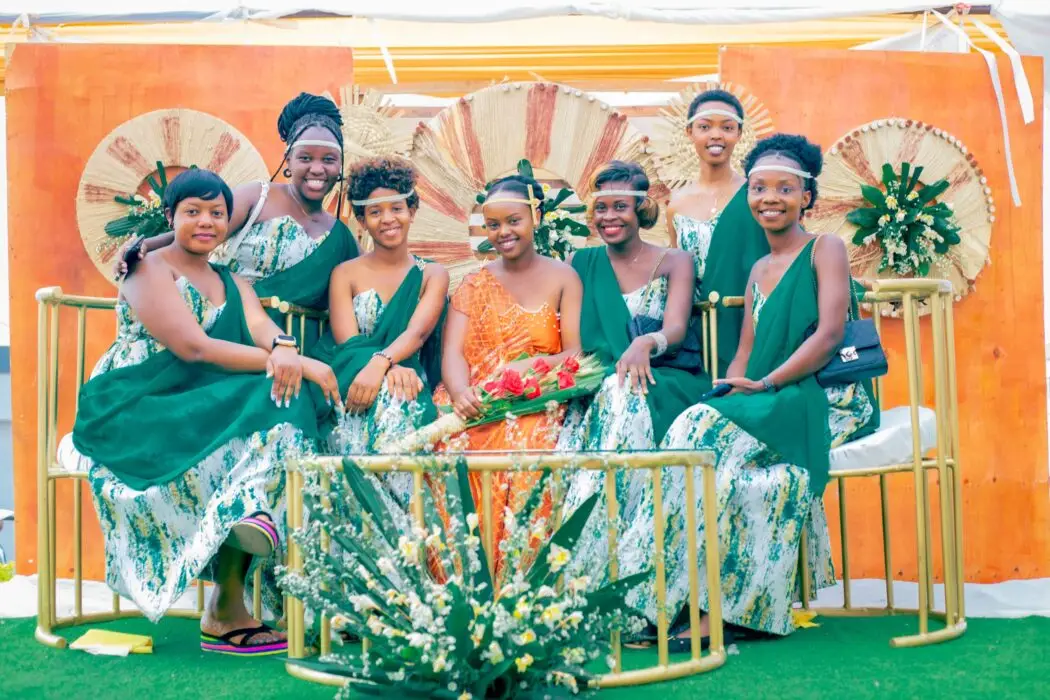The Burundian dowry, known as "gusaba" in Kirundi, is a marriage practice deeply rooted in Burundian culture. It consists of a series of gifts offered by the groom's family to the bride's family. Although respected by many, this tradition gives rise to passionate debate about its relevance and evolution in modern Burundian society.
Origins and meaning
Dot symbolism
Historically, the dowry represents a sign of respect and gratitude to the bride-to-be's family for the education they have provided for their daughter. The gifts offered, which may include livestock, clothing, cooking utensils or money, symbolize the groom's ability to provide for his future wife and establish a stable home.
Regional variations
The modalities and importance of the dowry vary considerably from one region of Burundi to another. Some families consider it an indispensable part of matrimonial tradition, while others adopt a more flexible approach, adapted to current socio-economic realities.
Evolution of the Practice
Modernization and adaptation
Dowry has evolved over time. Initially made up of material goods such as cows or hoes, it is now often valued in monetary terms. This transformation reflects the country's economic and social changes. Nevertheless, this evolution is not without controversy, with some seeing it as a devaluation of women, who are assimilated to merchandise.
Debates and Reviews
Critics of the dowry argue that it can perpetuate gender inequalities and unbalanced power dynamics. Some compare it to a form of wife-purchase, which is perceived as degrading and anachronistic. The dowry debate reflects a generational conflict, with younger generations questioning ancestral traditions in the name of equality and respect for human rights.
Conclusion
The Burundian dowry is a complex tradition that continues to evolve over time. It remains a central element of Burundian marriages, although it is increasingly contested. Discussions about its relevance and modalities reflect the tensions between tradition and modernity, as well as the challenges of cultural adaptation.


There are no reviews yet. Be the first one to write one.